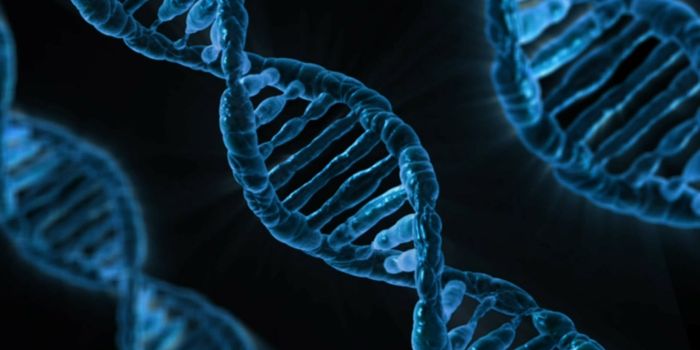For reasons not completely understood by scientists, our own heart muscle cells, called cardiomyocytes, secrete a protein that ultimately leads to heart failure. In a new study from Kumamoto University, researchers find out why and how to stop it.
Angiopoietin-like protein 2 (ANGPTL2) reduces the contractile force of the heart by both decreasing the production of cellular energy and the ability of calcium concentration to be regulated within the cardiomyocytes. Excessive secretion of these proteins occurs when aged cells and/or cells under stress due to high blood pressure, the researchers found in the recent
Nature Communications study, which investigated the potential of developing gene therapy to treat ANGPTL-2-related heart failure.
"We genetically engineered a non-pathogenic virus which was designed to infect cardiac muscle cells and reproduce a special RNA molecule that inhibit the production of the ANGPTL2 protein," said Kumamoto University Professor Yuichi Oike. “Among knockout mice that could not produce [ANGPTL2], the development of heart failure was suppressed in a manner similar to moderate exercise.”
Oike’s study suggests gene therapy to inhibit production of ANGPTL2, which could provide beneficial therapeutic effects for people at risk of heart failure. Oike showed that these beneficial effects are possible in both a heart failure mouse model and in human cardiomyocytes differentiated from induced pluripotent stem cells (iPSCs), due to a correction in calcium concentration regulation and energy production when ANGPLT2 production was suppressed.
Excessive secretion of ANGPTL2 by cells experiencing stress causes chronic inflammation, which leads to heart failure but also other lifestyle-related diseases like atherosclerosis, obesity, diabetes, and cancer. The protein causes the development of these diseases because of its debilitating effect on the contractile force of the heart, but the good news is that moderate exercise can reduce its excessive production by cardiomyocytes, which is one of the reasons regular physical activity is famous for maintaining a healthy heart.
Individuals with severe heart failure are only 50 to 60 percent likely to survive five years, so an effective gene therapy could give thousands of Americans with heart failure a much better prognosis.
Sources:
Kumamoto University, American Heart Association









